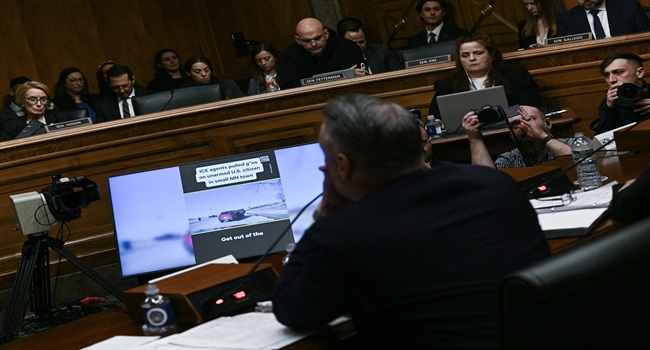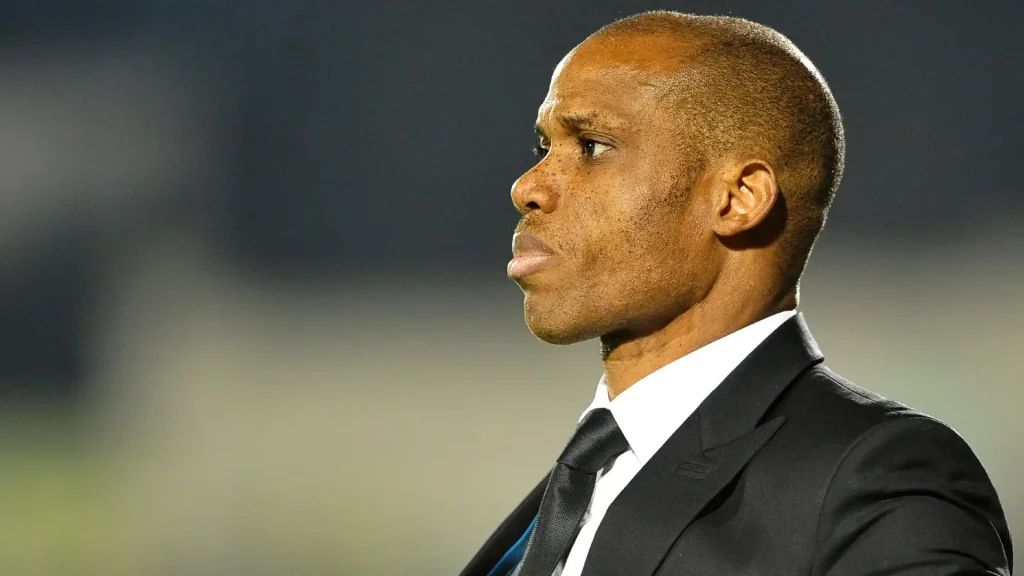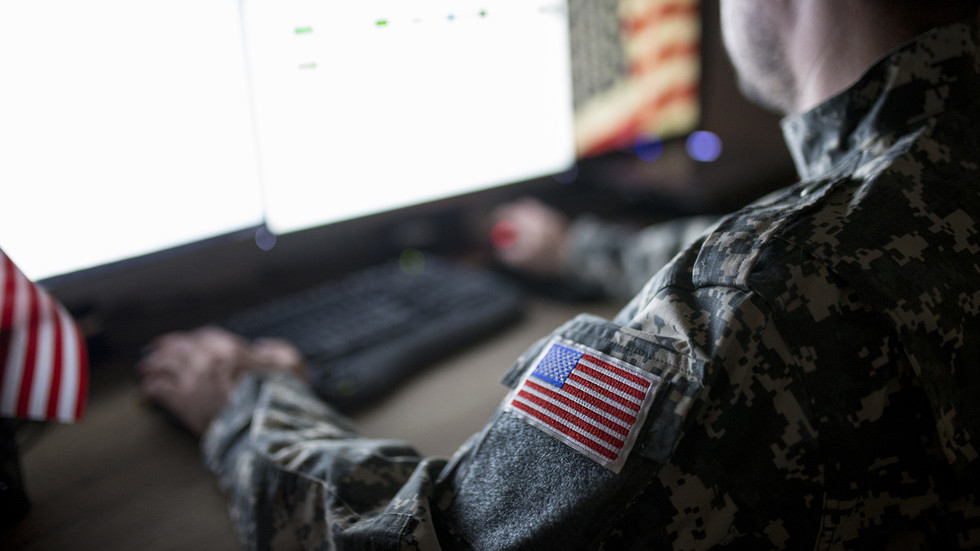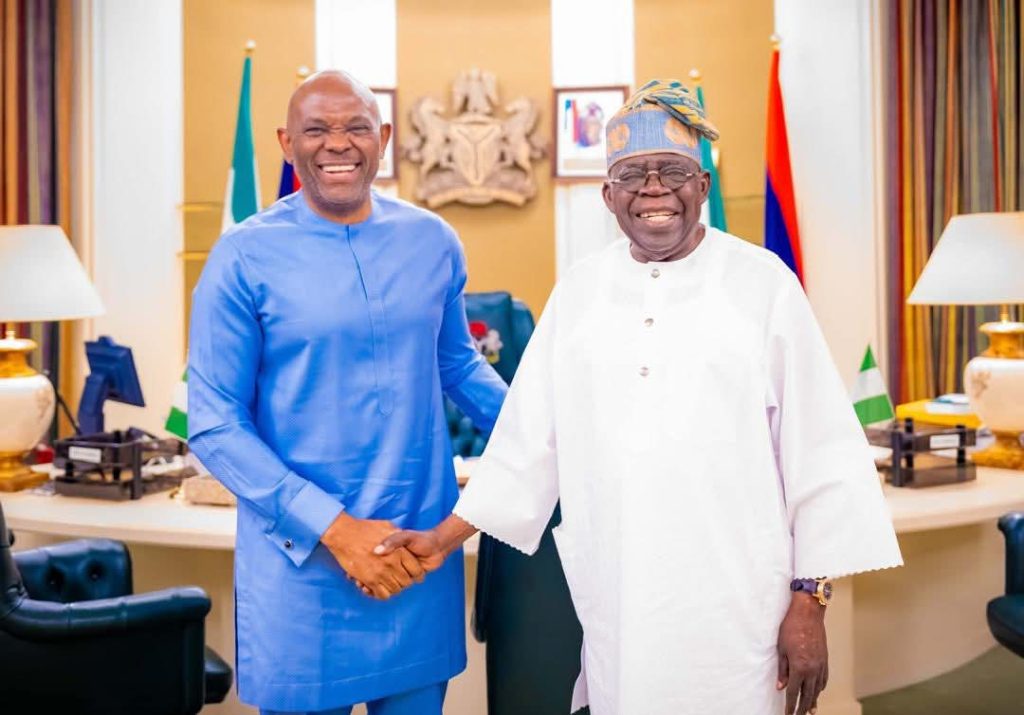Social media creators globally are grappling with mounting pressure to address political issues publicly, balancing moral obligations against risks to their careers as debates over LGBTQ+ rights, immigration, and conflict zones dominate online discourse. Lifestyle influencer Tefi Pessoa, who has 1.9 million TikTok followers, recently questioned why more LGBTQ+ creators aren’t vocal as the U.S. Supreme Court considers revisiting same-sex marriage legalization. Meanwhile, music creator Zay Dante (1.8 million TikTok followers) challenged peers over their silence on Israel’s military actions in Gaza, which groups like Amnesty International and the UN have labeled as genocide.
These creators, alongside others like Jenny Solares (3 million TikTok followers), who denounced U.S. Immigration and Customs Enforcement (ICE) raids in Los Angeles, typically avoid political content. Their recent outspokenness highlights a wider industry tension: Audiences increasingly demand alignment with social values, yet influencers risk harassment, lost brand partnerships, and algorithmic suppression by addressing contentious topics.
The Cost of Silence vs. Speech
Pessoa speculated whether quiet creators feel shame over their political views, while Solares admitted fearing oversimplification of complex issues. Dante pointed to financial motives, critiquing peers who prioritize lucrative brand deals over advocacy. Their concerns reflect a systemic dilemma in an industry where income relies on audience engagement and corporate sponsorships.
“Every post is work,” the original Mashable report noted, framing political expression as a labor issue. Creators lack protections common in traditional workplaces, navigating unpredictable algorithms and brand sensitivities without union support or standardized guidelines. Emily Hund, author of The Influencer Industry, traced rising expectations for creator activism to the late 2010s, amplified during 2020’s pandemic-era protests. “Conspicuous silence started to look like taking a side,” she said.
Platforms, Brands, and the “Political Palatability” Trap
Social platforms like TikTok and Instagram often suppress political content, according to user complaints, while brands typically avoid polarizing figures. Yet audiences dissect creators’ offline views, as seen with lifestyle influencer Madison Humphrey, whose apolitical content sparked speculation about her stance on U.S. politics.
Dante described losing brand opportunities after advocating for Palestine, though no company explicitly cited his activism. “Losing money was worth it,” he said. “But was it harder than a 9-to-5? Absolutely not.” Others, like Ayamé—a creator who helped raise $1 million for Gaza families through a staged online drama—argue that influence demands responsibility. “I’d feel irresponsible not using my platform for good,” she said.
A Call for Structural Change
Despite their reach, influencers operate as gig workers in a largely unregulated field. While SAG-AFTRA has begun exploring union agreements for creators, most lack benefits, wage guarantees, or recourse against algorithmic penalties. Tech companies offer limited tools, like comment filters, but systemic reforms remain elusive.
Hund emphasized that accountability should fall on platforms and brands, not individuals: “The industry needs shared standards, like other media sectors.” Dante advocates collective action, envisioning creator coalitions to negotiate protections. “If we’re too afraid of algorithms and money,” he said, “where has our humanity gone?”
As global crises and elections amplify demands for creator engagement, the debate underscores a paradox: While their voices shape public discourse, their labor conditions leave speech dangerously vulnerable to market forces.



